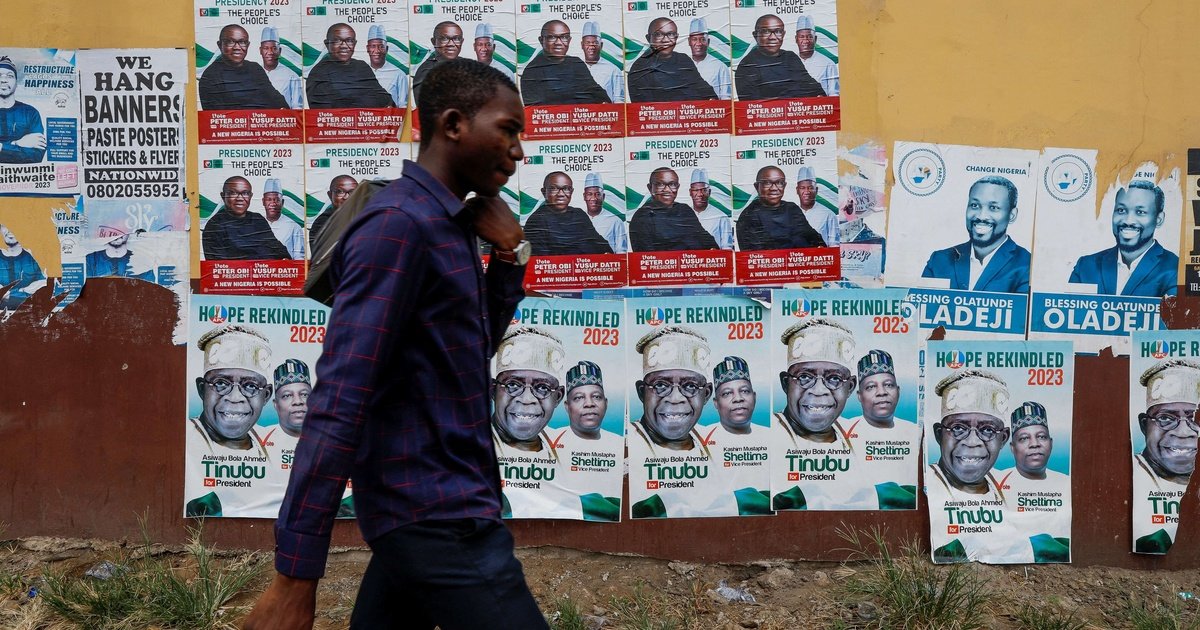Nigeria found itself deeply engaged in a significant democratic exercise on August 16, 2025, as by-elections unfolded simultaneously across 16 constituencies in 12 states. This election day represented a vital test of political strengths among the nation’s leading parties: the All Progressives Congress (APC), the Peoples Democratic Party (PDP), and a coalition led by the African Democratic Congress (ADC).
These by-elections were conducted to fill vacancies in key political offices, including two senatorial seats, five Federal House of Representatives seats, and nine state constituencies. The Independent National Electoral Commission (INEC) confirmed that over 3.5 million registered voters were eligible to cast their ballots. With elections stretching across 32 local government areas, 356 wards, and nearly 7,000 polling units, the scale of the exercise was enormous.
In compliance with a Federal High Court ruling, the Social Democratic Party (SDP) was also included in the electoral process despite initial hurdles related to candidate nominations. However, the by-elections revealed underlying tensions. The ADC coalition publicly accused INEC of facing undue pressure to favor a particular party. This highlighted challenges related to electoral transparency and integrity that continue to engage Nigerian political watchers and civil society.
Party rivalries were intense. The opposition was visibly divided, with discord within the Labour Party, whose factional leadership clashed openly over allegiances and electoral strategies. Ahead of the polls, there were promises from security agencies to ensure a safe voting environment amid reports of arrested vote-buying attempts, particularly in Kaduna State, where a suspect was caught attempting to sway voters with nearly 26 million naira in cash.
INEC worked to assure the public that preparations for the elections were thorough and that voter accreditation would be managed via the Bimodal Voter Accreditation System (BVAS) to enhance credibility. Officials also promised real-time results updates through an online platform, enhancing transparency.
These by-elections are not merely routine political events; they serve as a barometer of electoral health and party strength in Nigeria’s evolving democratic landscape. The outcomes will likely influence party strategies and alliances as the nation moves toward future general elections.
More than news- Its Icegate

